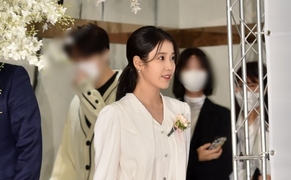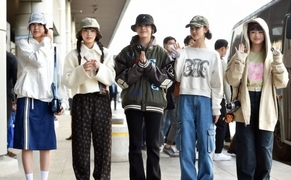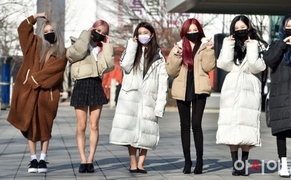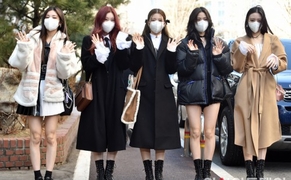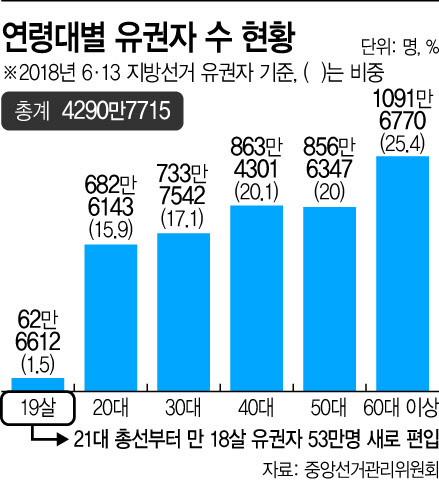 |
By AsiaToday reporter Lim Yoo-jin
The April 15 general election is only 23 days away. Experts believe voter turnout would be one of the key variables in the upcoming general election for the 21st National Assembly due to the COVID-19 outbreak.
“The outcome of general elections is usually outlined to some extent depending on the candidates, political frame, and turnout. However, the 21st election is expected to be a nick-and-tuck battle due to the COVID-19 outbreak,” said Kim Mi-hyun, head of polling company R&Search. “Turnout among voters in their 20s, 30s, and 40s in the upcoming election might be lower than previous elections. On the other hand, turnout among voters in their 70s or over might be higher,” Kim said. “Whether those in their 50s and 60s will take risk going to a polling station in masks to cast their vote will decide which block will win. In the past, voters in their 40s held a casting vote. In the upcoming election, however, those in their 50s and 60s are likely to hold a casting vote.”
According to the most recent voter’s list, made for the June 13 local election in 2018, the number of eligible voters in their 20s stood at 6,826,143, or 15.9 percent. The number of newly registered voters who will turn 18 before Election Day stands at 534,796, or 1.2 percent. The number of eligible voters in their 30s and 40s stands at 7,337,542, or 17.1 percent, and 8,634,301, or 20.1 percent, respectively. The number of eligible voters in their 50s and 60s stands at 8,566,347, or 20.0 percent, and 10,916,770, or 25.4 percent. Of the total voters, those in their 20s, 30s and 40s account for 54 percent while those in their 50s and 60s for 45 percent.
“Voters in their 20s are mostly swing voters,” said Park Sang-byung, a political commentator. “A lower turnout among voters in their 60s and over, who show clear support for conservatives, may give disadvantages to the conservatives. In the most closely contested areas like metropolitan areas, the result of the election could be determined by a few hundred votes. Therefore, what’s important is how strongly the supporters will unite, either for the liberals or conservatives,” Park said.
Some other experts forecast that senior voters with clear conservative tastes will participate more vigorously in the upcoming election. “Following the formation of the United Future Party, many people say the conservative should unite to judge the Moon Jae-in administration. Taking this into account, older voters’ turnout won’t change much,” said commentator Lee Jong-hoon. “There are many variables in the election. Since the candlelight revolution, many people have become active to turn out to vote with stronger sense of sovereignty,” Lee said. “Senior voters are likely to cast their votes to judge the government.”
Experts say that conventional electoral notions are likely to break down in the upcoming election. “The COVID-19 outbreak and economic difficulties can disrupt traditional voting sentiment,” said Park Sang-heon, a political commentator. “Traditionally, young voters were more supportive of the liberal government. Due to severe economic crisis, however, this election could break such line.”
“The young generation may not be liberal,” said Shin Yul, a political science and diplomacy professor at Myongji University. “Conventional thought that a low turnout is advantageous for conservatives will not be valid in the upcoming election. The most important factor in raising voter turnout is voter’s anger toward the current administration. In this sense, a low turnout could be advantageous for the ruling party.”
#general election #April 15 #voters
Copyright by Asiatoday
Most Read
-
1
-
2
-
3
-
4
-
5
-
6
-
7

















